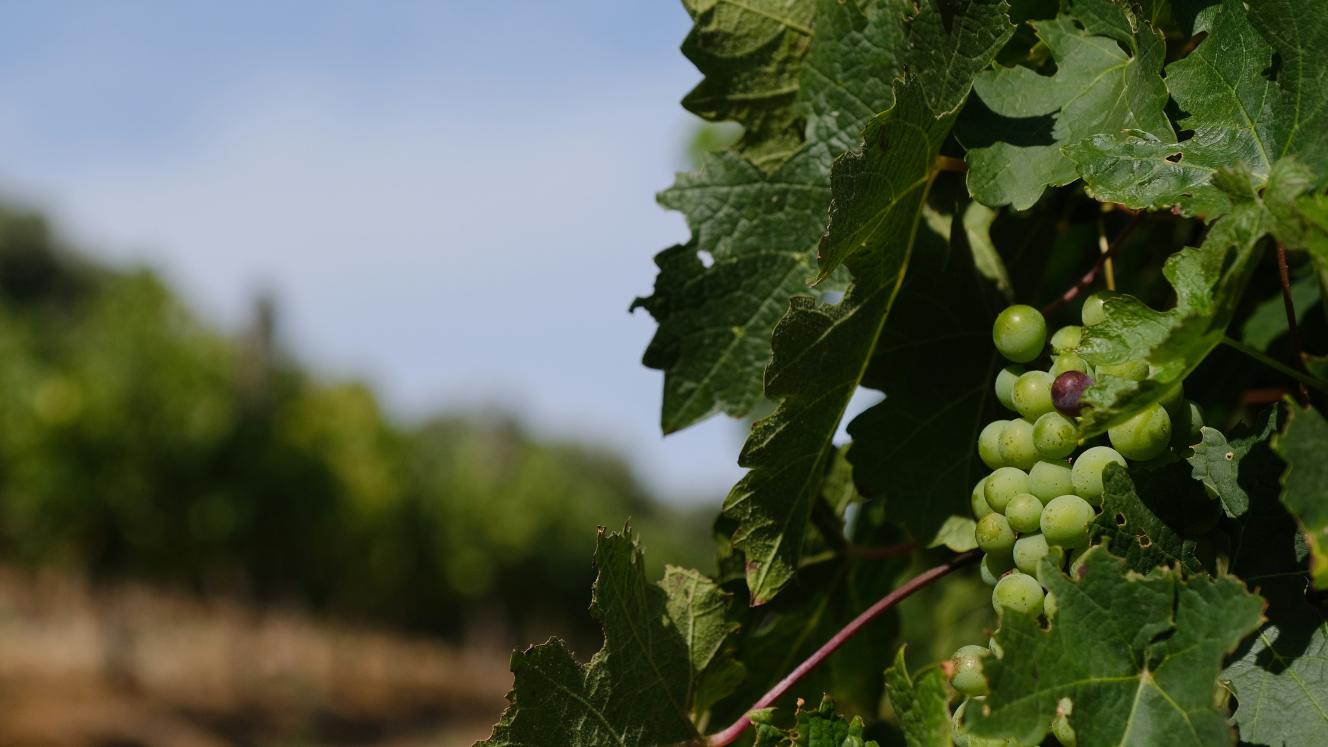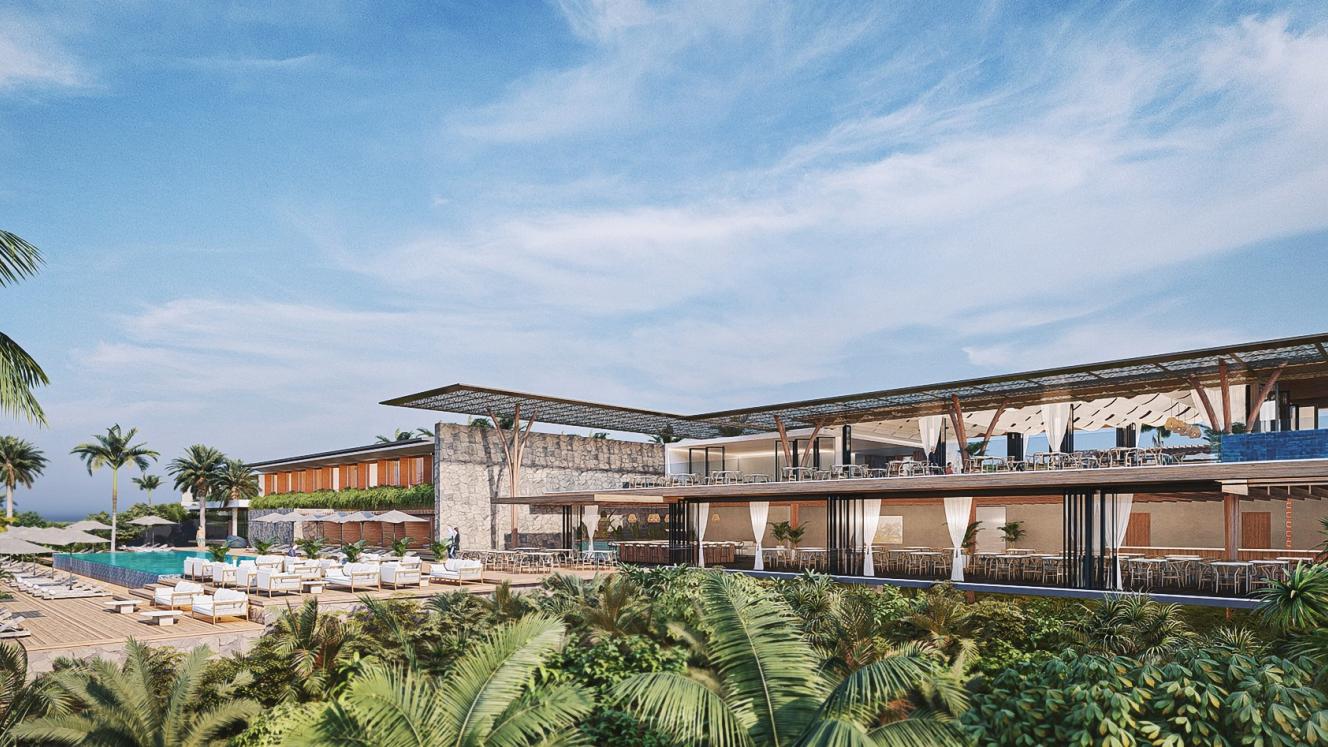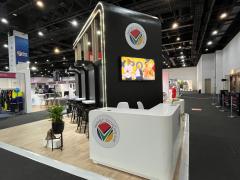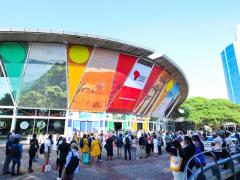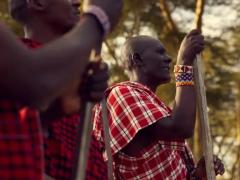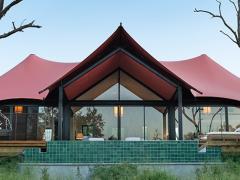South Africa is a leading wine tourism market but evolving customer preferences, market pressures and lifestyle shifts are pushing wine estates to evolve their offerings.
Speaking at WTM Africa, Marisah Niewoudt, Wine Tourism Manager at South Africa Wine, said, in 2022, wine tourism accounted for 17% of the total turnover of wine cellars and contributed 36% to the turnover of micro wine cellars.
To keep up with the evolving market, Niewoudt has identified five key trends with “long legs” that will continue to drive wine tourism over the next five years:
- Elevated wine experiences
- Appealing to the new wine drinker
- Health, wellness and wine
- Digital influence
- Culinary storytelling
Elevated wine experiences
Global wine production has steadily declined since 2000 due to climate change, profitability and market demand. Consumption of wine has also declined, resulting in a global push for more elevated wine experiences.
“Standard experiences where you walk in, go up to the counter and taste three wines are no longer enough,” said Niewoudt. People are looking for immersive, personalised and educational experiences, she pointed out.
Steyn Fullard, marketing and sales professional, said Weltevrede Wine Estate has created experiences that are “informative, not intimidating”. These include an underground Chardonnay experience where visitors learn about the geography and history of the wine, and share their own stories.
Appealing to the new wine drinker
Data from the US shows that Gen Z makes up just 9% of the wine market. “Gen Z across the globe has very different behaviour. They consume fewer alcoholic beverages,” said Niewoudt.
To tap into this market, wineries across the world are building partnerships with fashion and music brands. In South Africa, wineries are offering music events to attract a younger, more diverse clientele. Increasingly, Niewoudt said, wineries are also opening up in urban areas to attract younger patrons.
Health, wellness and wine
In the post-pandemic world, health and wellness are top of mind, particularly for younger consumers who are among the “most risk-averse generations yet,” Niewoudt said. The result is a surge in demand for no- and low-alcohol wines, vegetarian and pescatarian dining options, and spa offerings.
Creation Wines has developed an anti-inflammatory menu in collaboration with a nutritionist while many estates are investing in spa facilities as part of a broader wellness appeal. Creation Wines offers meals that have been designed by a nutritionist to reduce inflammation and experiences designed by neuroscientists and holistic doctors that weave nature and wellness into guests’ visits.
Carolyn Martin, Co-Founder of Creation Wines, said the idea of wellness runs throughout the business, starting from “virus-free” vineyards to the health and well-being of staff who receive healthy meals and transport to work.
US-based luxury travel adviser Embark Beyond highlighted this in its trends report for the first quarter of 2025, stating: “People are not drinking alcohol the way they did even three years ago mainly because, firstly, Ozempic affects people’s desire to drink; secondly, the anti-alcohol movement in the US and the UK is strengthening; thirdly, younger kids are either vaping, micro-dosing or foregoing mental manipulation altogether. And if they are going to drink, low-cal tequila is certainly the drink du jour. Dry January had its strongest year ever in 2025 with mocktails and zero-proof options popping up everywhere.”
Digital influence
Consumers spend nearly seven hours a day on digital media, such as streaming networks and social media, outside of work so wine tourism offerings are not just competing with each other but with TV and devices too.
The result is that people have been conditioned by an algorithm that serves up perfectly personalised content and expect similar experiences in the real world.
Niewoudt said the wine industry can either adapt, offering something for everyone, or become the antidote to this, offering fresh air and real experiences that people can enjoy together.
Benguela Cove Lagoon Wine Estate Owner Penny Streeter said, when establishing the estate, the focus was on creating an experience that provided magnificent views and art, and allowed everyone to access it, no matter their age or physical capabilities. The completely flat landscape enables it to be one of the few wine estates that is entirely disability-friendly with accessible vineyards, pontoon areas and safari trucks.
Culinary storytelling
Culinary tourism is booming and travellers are increasingly curious about the origins of their food and wine with a growing appetite for authenticity, sustainability and provenance. However, Niewoudt said, there is a significant opportunity to tell richer, more distinctive stories about South Africa and its food.
